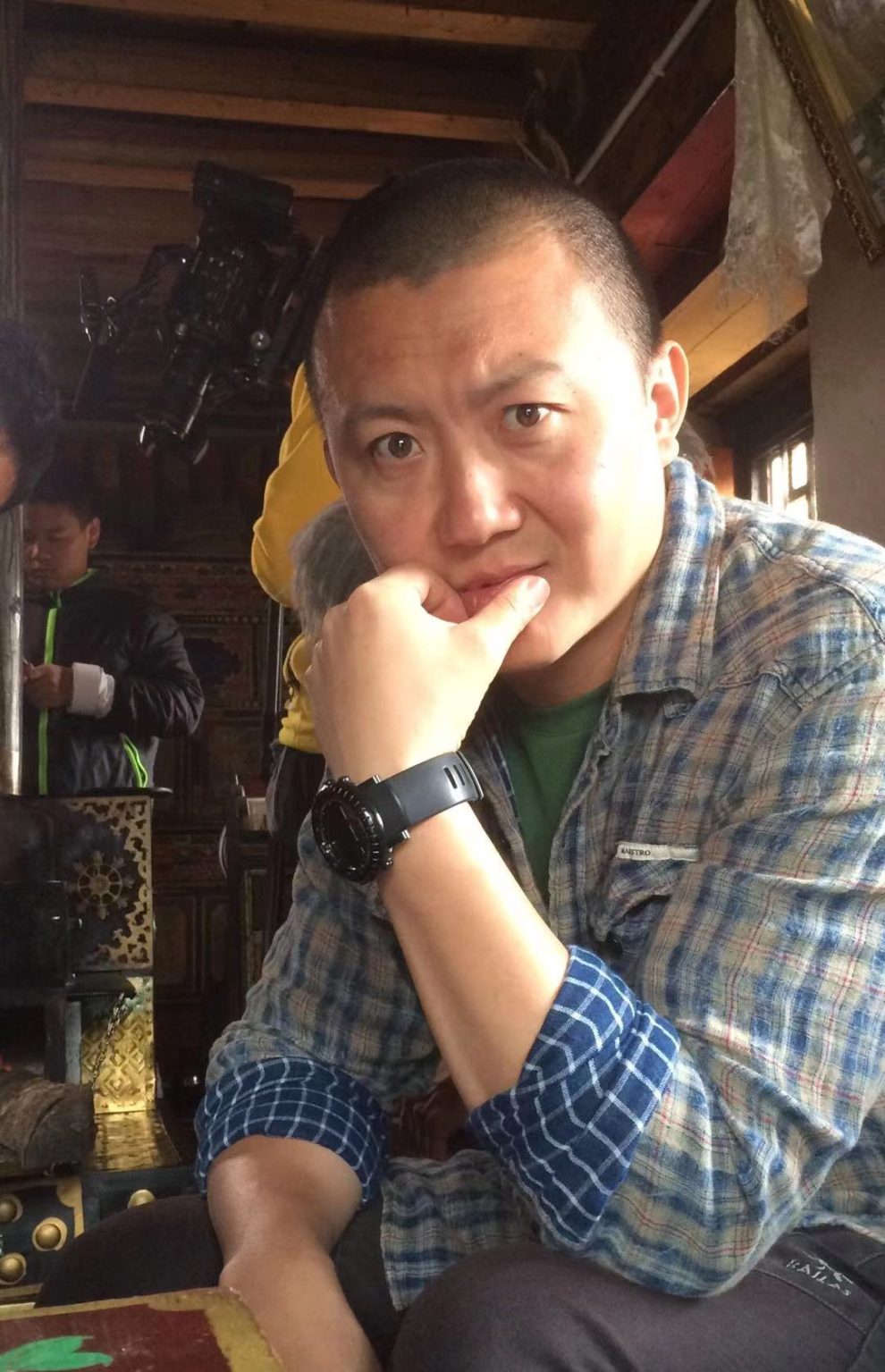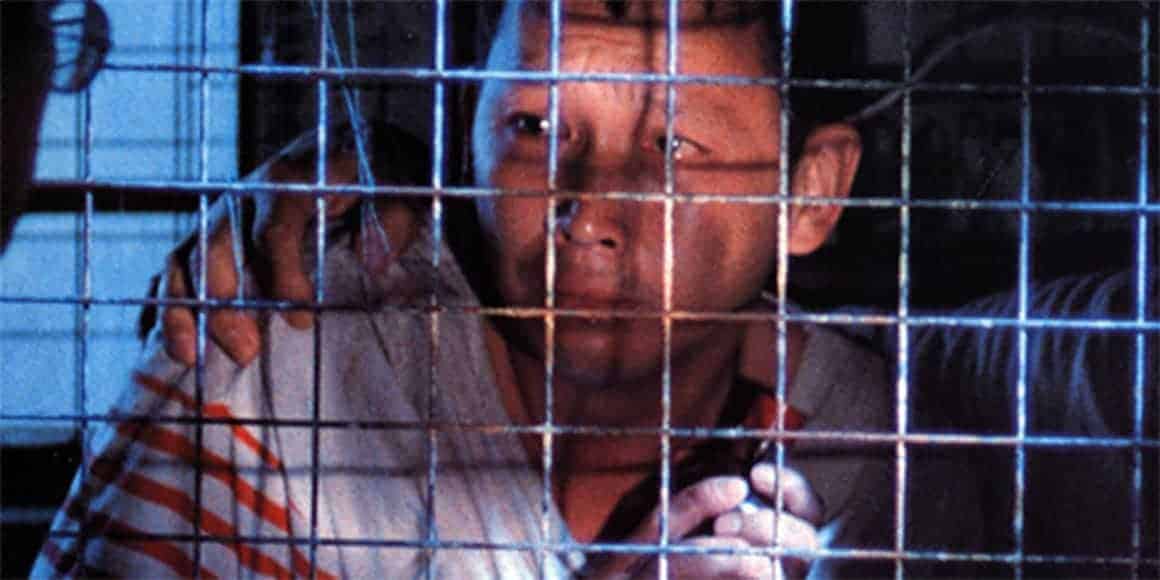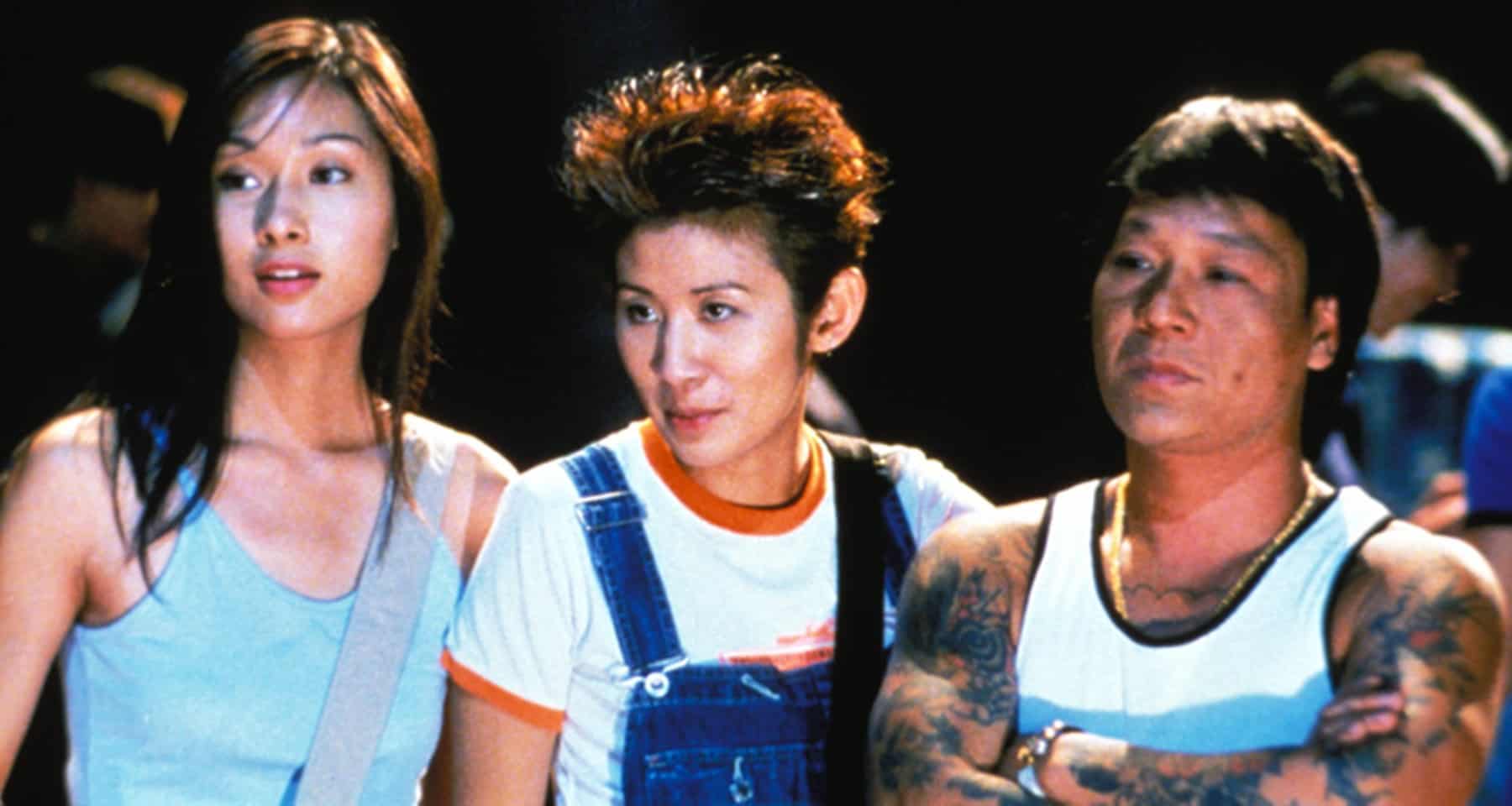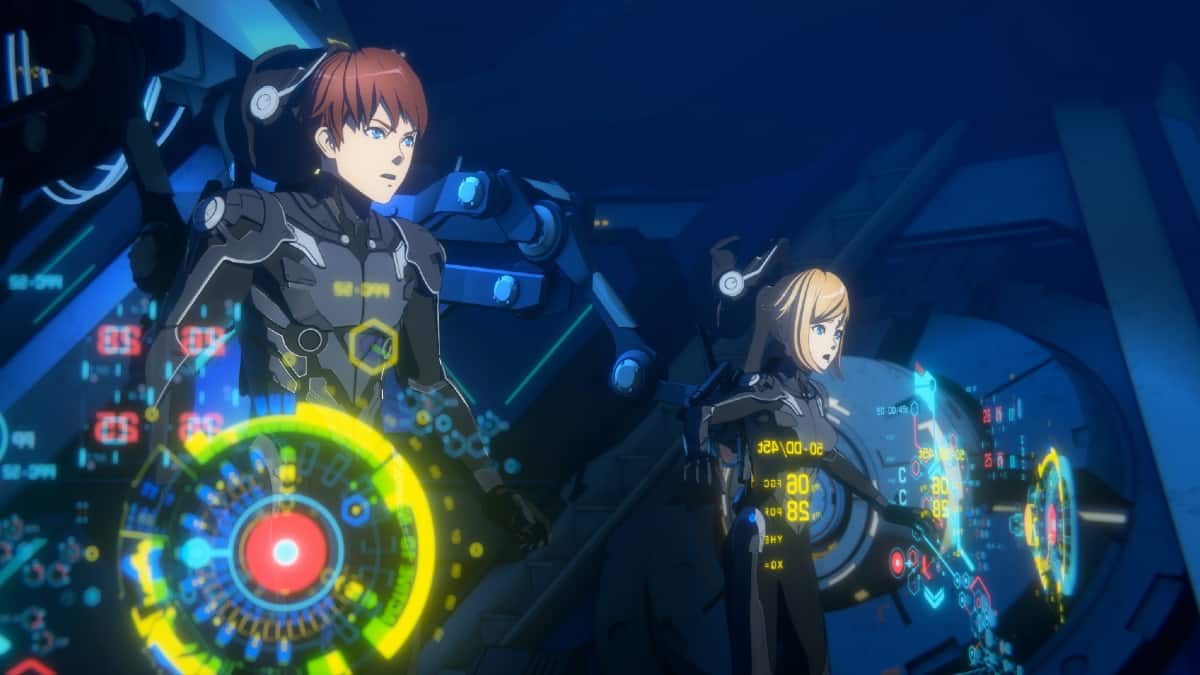Geting Sun is a Chinese director, mostly known for his TV series, “Tea: The Story of the Leaf,” “Every Treasure Tells a Story,” and “The Forbidden City 100.” “Keep Running” is his first full-length movie
On the occasion of “Keep Running” screening at Thessaloniki Documentary Film Festival, we speak with him about shooting a film under harsh conditions, coach Liu Siwei and athlete Bi Fengyang, the city of Genhe, proffesional sports, and many other topics.
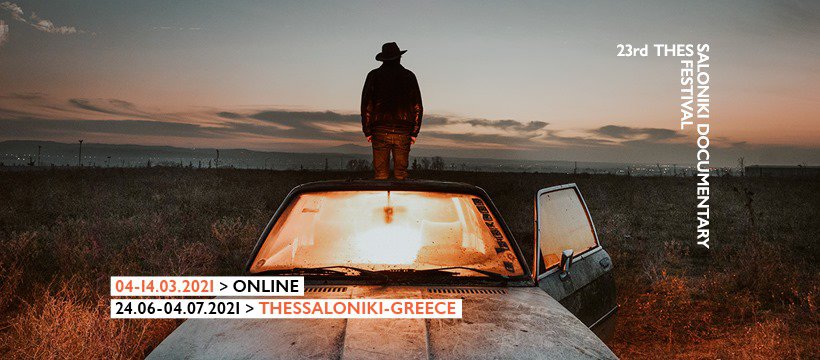
Why did you decide to make a film about the specific topic?
I knew that I wanted to make a film about running, provided that it should be a story that “is able to grow on its own”. After searching for half a year and visiting many places, I accidentally found coach Liu Siwei and these children through an article. After doing field research, I felt that I had found what I wanted.
What was the biggest difficulty in shooting in such a harsh area? How much time did you spend shooting?
The primary shooting phase of the film spans from November 2016 to March 2018, about 170 days. In April 2021, we went to visit Coach Liu and the kids for shooting their recent updates.
The shooting of documentaries will always be accompanied by various unforeseen accidents. To me, it is a bit strange to measure the difficulty of shooting, in big or small. Anything that can be solved is not difficult. I believe that the film is presented to the audience, and the difficulties are left to myself.
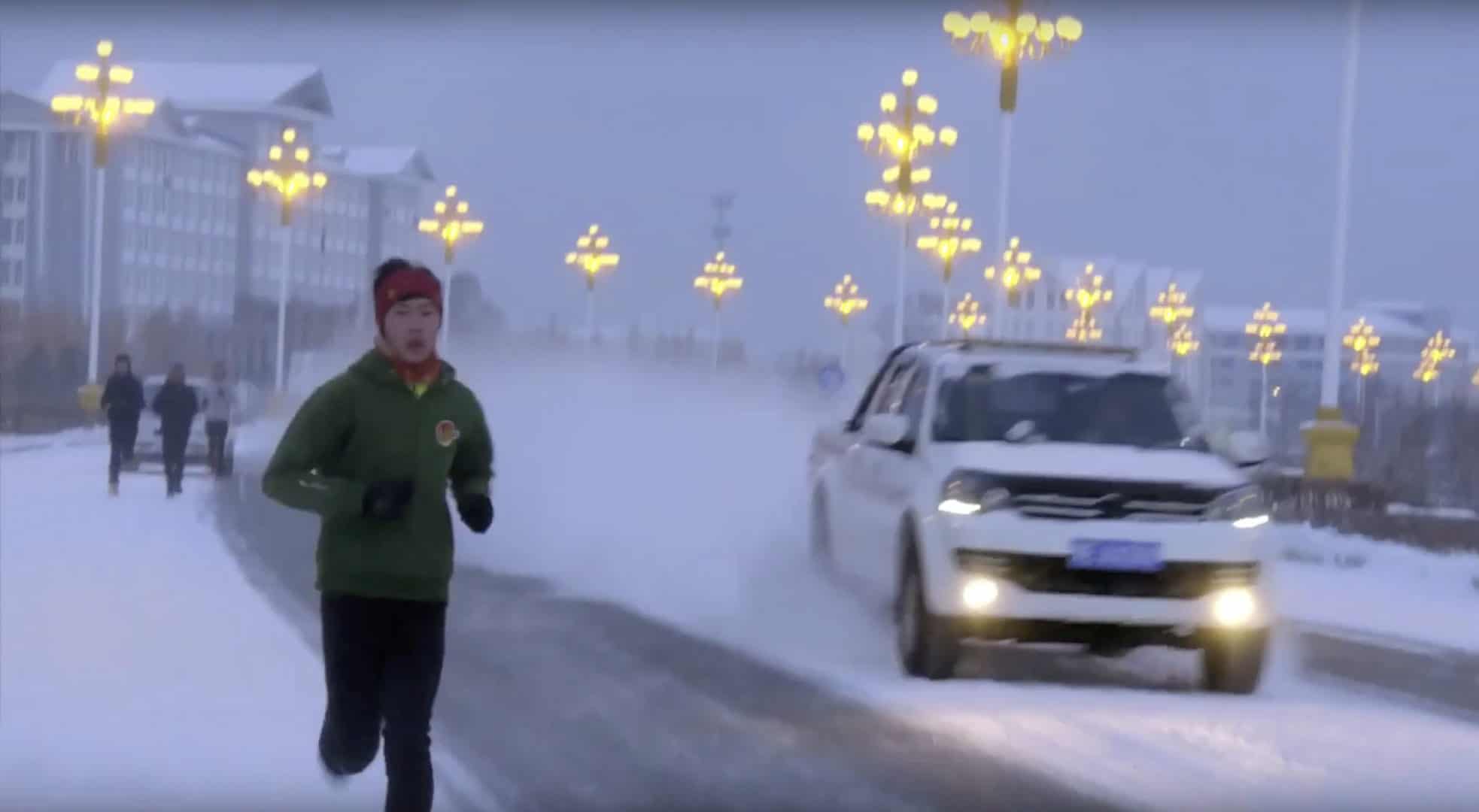
Was it difficult for the main characters in the movie to trust you enough to allow you to follow them so closely?
It definitely was difficult, but I had no choice but to find a way. Regarding this, I really appreciate coach Liu, his team members and his family for their trust and opening their hearts to us. On the one hand, they are simple and sincere by nature, and on the other hand, they understood our difficulties, like working against the wind and snow, and they wanted to help us as well
How would you describe the life of the people in this area?
Genhe City is a very small and unknown town.There are only two main streets. The longest one is about 4 kilometers from east to west. Most people know each other or at least they recognize each other when walking on the streets. Probably due to the cold climate, drinking, along with eating meat is the typical lifestyle here. Genhe is the coldest pole in China. It can get to less that minus 30 degrees Celsius outside. On the other hand, the warm season lasts for more than half a year. It is so warm inside that people wear T-shirts and eat ice cream. The local slogan is “the colder, the more enthusiastic”. The Spring Festival is the most popular time here. Young and middle-aged people who go out to work have returned for the New Year.
During the shooting, we experienced low temperatures of more than 40 degrees Celsius below zero many times. The water vapor in the air condensed into tiny particles. The whole city seemed to be in fog and the streets were empty.
What do you think of Liu Siwei? Do you think his fierce coaching strategy is a must in the particular setting? Do you think he really cares about these young people, or is he involved in it for personal benefit?
I could share some other anecdotes about Coach Liu. Liu Siwei practiced sprinting as a teenager and then changed to middle and long distance running. He returned to Genhe after graduating from university in 1996 and brought hundreds of players for more than 20 years. Liu and his family have a house in Genhe City urban area. The house is located on the first floor of a new building, very close to the sports school where they work. However, he prefers to live in an old bungalow, probably more than 30 years old, in the suburbs 10 kilometers away from the city. In the winter, he cuts wood by himself and makes a fire to keep warm every day, and drinking water is also well water pumped from the ground. There are several big dogs in the front yard and more than a dozen pigs in the back yard.
I do not have the professional knowledge to evaluate and judge his style of coaching. Ten million athletes all over China and even all over the world, are training with two legs, 365 days a year. How can part-time athletes in amateur sports schools in small counties surpass others?
Personally, sports have accompanied me for more than 30 years. From primary school to college graduation, I was the main force of the school volleyball team. After graduating from college, I have always insisted on fitness and running. My personal experience tells me that without the coach's supervision and coaching, I would definitely be lazy.
Looking back, from reaching out to Liu Siwei to seeing these children participating in the national competition, Liu Siwei's emotional period was actually a balanced state in which the “crew” had no distractions from training. Their training attention was relatively concentrated and they were close even after training. In the second year, when Bi Fengyang and Yang Bowen were facing the college entrance examination, when they were about to give up running, Liu Siwei rarely expressed his emotions fiercely. The communication between them was obviously less, and Liu Siwei was silent a lot. If anyone wants to imply some personal interests, from my point of view, it is hard to say who benefits more from the coaching.

In general, what do you think of the world of competitive sports?
There is a saying from Mao Tse-tung: “Civilize the mind and make the body savage.” It means that physical education not only strengthens the body but also enhances our knowledge. In order to civilize the mind, one must first make the body savage. If the body is made savage, then the civilized mind will follow.
The moment when Bi Fengyang learned that he was injured was quite dramatic. How did you experience this moment? In general, how would you describe him as a person?
To be fair, as a sports film, it does need drama. After spending a lot of time with these children, my inner script was that these children's efforts pay off and dreams come true, and I could also capture the dramatic scene of “grassroots counter attack” in important competitions. I had always avoided thinking about injuries, too. However, from a rational point of view, injuries are indeed something they cannot avoid sooner or later.
Bi Fengyang loves to look in the mirror. He washes his face three or four times a day. In school, he is joking, helpful, and he has a lot of friends. We had a few shots of the family's daily conversations, which offer a truly comedic scene. However, in the film, he plays the role of a tragic hero, who seems to have been doomed for a long time. In the first half of the movie, his teacher asked him to recite Tang poems. This is the only scene we have of him being called up by the teacher to answer questions. The poem is “Shu Xiang” by the Tang Dynasty poet Du Fu. Fengyang recited the most popular sentence in the poem for descendents. That sentence is also used in the film – “the hero died before he won success, could heroes' tears not wet their dress?”
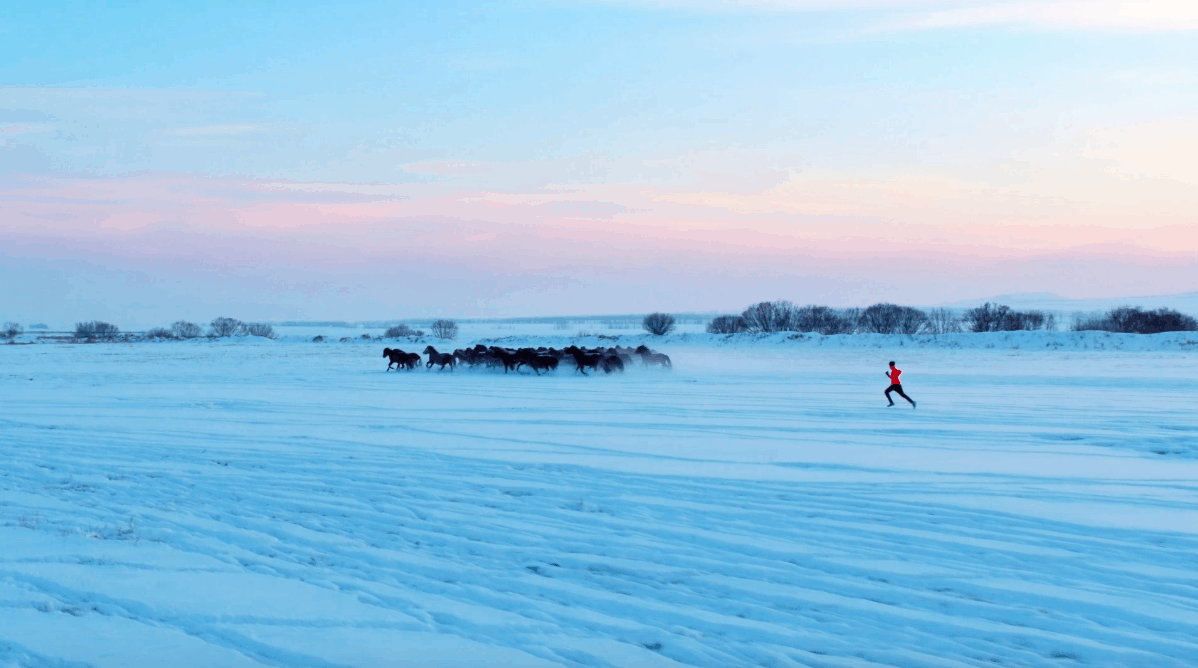
What do you think of the current state of the Chinese documentary?
I don't know if you have seen several China-produced documentaries, but at present, the documentary market in China is very active and growing.There are many documentaries to watch. The audience mostly watch documentaries online, not too many documentaries getting the chance to be presented in commercial cinemas.
Are you working on any new projects?
The new project is still under early research. The good news is that the TV series version of “keep running” is in the refinement and adjustment phase, currently. What you saw in Greek is a cinema version, which is more suitable for the big screen. There are more touching, interesting content that the cinema version cannot hold and expand, which will be reorganized and presented in a longer series version of this documentary,


